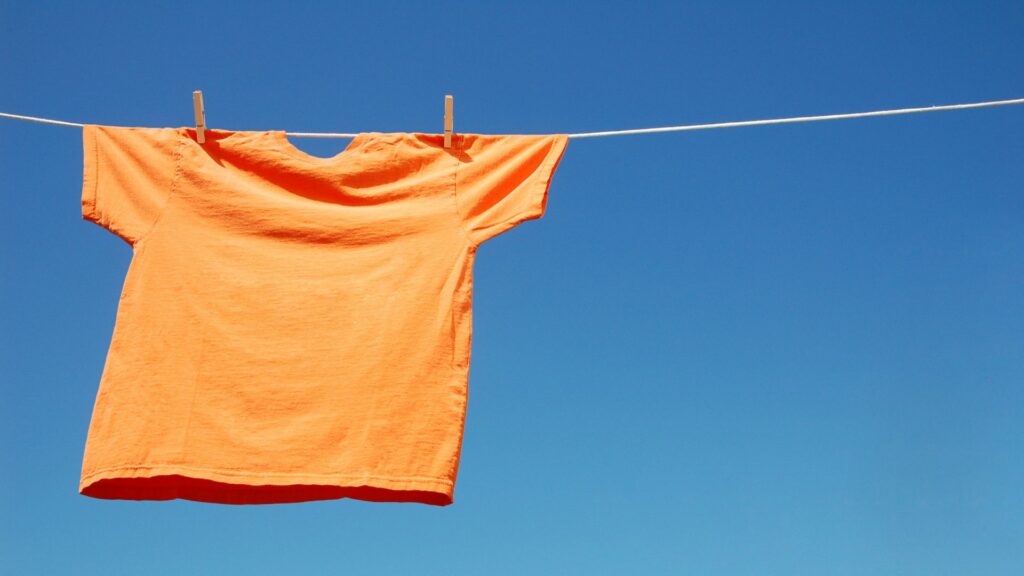
Thanking Canadian Farmers This Canada Day
Canada Day is HERE and the team at YCR wants to send a special shoutout and thank you to the people that fill bellies from sea to sea each and

Both the National Day for Truth and Reconciliation and Orange Shirt Day take place on September 30.
Orange Shirt Day is an Indigenous-led grassroots commemorative day intended to raise awareness of the individual, family and community intergenerational impacts of residential schools, and to promote the concept of “Every Child Matters”. The orange shirt is a symbol of the stripping away of culture, freedom and self-esteem experienced by Indigenous children over generations.
On September 30, all Canadians are encouraged to wear orange to honor the thousands of Survivors of residential schools.
Orange Shirt Day is a legacy of the St. Joseph Mission (SJM) Residential School (1891-1981) Commemoration Project and Reunion events that took place in Williams Lake, BC, Canada, in May 2013. This project was the vision of Esketemc (Alkali Lake) Chief Fred Robbins, who is a former student himself. It brought together former students and their families from the Secwepemc, Tsilhqot’in, Southern Dakelh and St’at’imc Nations along with the Cariboo Regional District, the Mayors and municipalities, School Districts and civic organizations in the Cariboo Region.
The events were designed to commemorate the residential school experience, to witness and honor the healing journey of the survivors and their families, and to commit to the ongoing process of reconciliation. Chief Justice Murray Sinclair challenged all of the participants to keep the reconciliation process alive, as a result of the realization that every former student had similar stories.
Orange Shirt Day is a legacy of this project. As spokesperson for the Reunion group leading up to the events, former student Phyllis (Jack) Webstad told her story of her first day at residential school when her shiny new orange shirt, bought by her grandmother, was taken from her as a six-year-old girl.
The annual Orange Shirt Day on September 30th opens the door to global conversation on all aspects of Residential Schools. It is an opportunity to create meaningful discussion about the effects of Residential Schools and the legacy they have left behind. A discussion all Canadians can tune into and create bridges with each other for reconciliation. A day for survivors to be reaffirmed that they matter, and so do those who have been affected. Every Child Matters, even if they are an adult, from now on.
The date was chosen because it is the time of year in which children were taken from their homes to residential schools and because it is an opportunity to set the stage for anti-racism and anti-bullying for the coming school year. It is an opportunity for First Nations, local governments, schools, and communities to come together in the spirit of reconciliation and hope for generations of children to come.
It all started right in the Cariboo school district, and as a result, School District No. 27 was chosen by the First Nations Education Steering Committee (FNESC) to pilot curriculum changes for all Grade 5 and Grade 10 students reflecting the residential school experience, which have now been implemented province-wide.
Sign up for updates about our work at YCR. Please sign up using a personal email and not a work or school email if possible.
"*" indicates required fields

Canada Day is HERE and the team at YCR wants to send a special shoutout and thank you to the people that fill bellies from sea to sea each and

When most people think of Canada’s energy sector, they imagine oil rigs on the prairies or wind turbines spinning along the coast. But behind the scenes, there’s another critical force

In Ontario and BC, provincial governments are taking meaningful action to flip the script: Bills 5 and 15 are concrete steps towards eliminating…